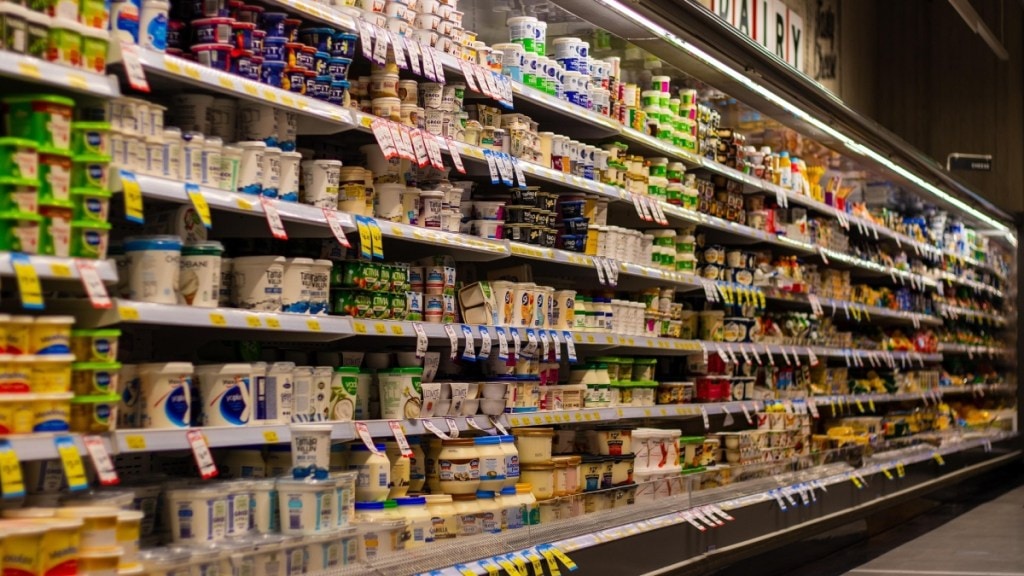Fast-moving consumer goods (FMCG) companies have told the Central Board of Indirect Taxes and Customs (CBIC) that they cannot directly pass on the recent GST cuts to the retail sale price (MRP) of low-value items, as per a report by Moneycontrol.
According to Moneycontrol, Manufacturers of biscuits, soaps and toothpaste i.e., products sold at fixed price points of Rs 5, Rs 10 and Rs 20, said that lowering MRPs in line with the recent tax cut would lead to prices falling to a level, which is psychologically not suitable for a regular Indian consumer.
Why FMCG firms are resisting price cuts?
For instance, biscuits earlier priced at Rs 20 included 18 per cent GST. With the GST now reduced to 5 per cent, the MRP would ideally fall to around Rs 17.80 or Rs 18. However, companies argue that consumers are used to fixed price bands like Rs 5, Rs 10 and Rs 20.
“Rupees 18 is not a price which we want to have for the daily-use items. The Indian consumer is used to demanding products of the price band – Rs 5, Rs 10, and Rs 20. We don’t want to disturb this structure,” a senior executive of an FMCG company told Moneycontrol.
“What we can do, is increase the volume of the packaged item proportionally, while keeping the price the same. Meaning, the size of the Rs 20 pack of a biscuit would increase,” another company executive said, as per the Moneycontrol report.
Companies plan to increase pack sizes with same rate
However, the companies are asking if they can increase the quantity of products sold at these price points instead of cutting sticker prices. “What we can do, is increase the volume of the packaged item proportionally, while keeping the price the same. Meaning, the size of the Rs 20 pack of a biscuit would increase,” another executive shared on Moneycontrol.
Rishabh Jain, CFO of Bikaji Foods International, said to Moneycontrol that the company will adopt this route. They plan to opt for “grammage increase” in “impulse packs” to pass on the GST benefits fully to the consumers. An impulse pack in FMCG is typically a product with packaging designed to trigger a spontaneous and unplanned purchase.
Government may issue guidelines: Report
According to Moneycontrol, officials in the Finance Ministry said the government may soon issue guidelines to ensure there is no “unintentional-profiteering” by FMCG firms.
At present, there is no formal mechanism to check profiteering, but according to source-based information on Moneycontrol , the government may be open to introducing one if needed.
Industry reactions
Dabur India CEO Mohit Malhotra also shared with Moneycontrol that the companies would definitely pass on the GST rate cut benefits to consumers as that will lead to an uptick in consumption.
Namit Purit, Managing Director & Senior Partner at BCG, believes that overall price movements will remain modest. “We expect Rs 5/10 price points to have significant value (grams) provided to consumer,” he said.
Daily-use FMCG items moved to 5 per cent slab
The 56th GST Council last week approved an overhaul of the indirect tax regime. The new structure has a standard rate of 18 percent and a merit rate of 5 percent. A special de-merit rate of 40 percent will apply to a select group of goods and services. Most daily-use FMCG items now fall under the 5 percent slab from earlier 12 or 18 per cent.

